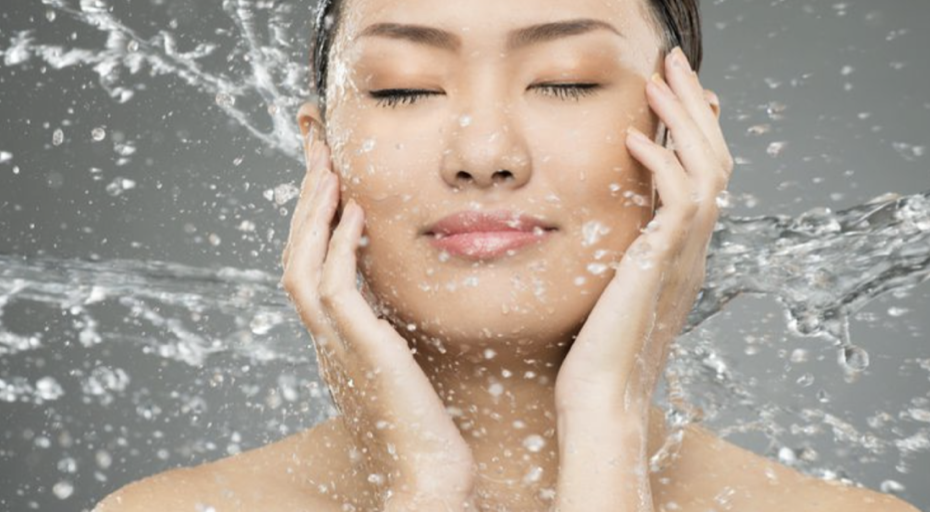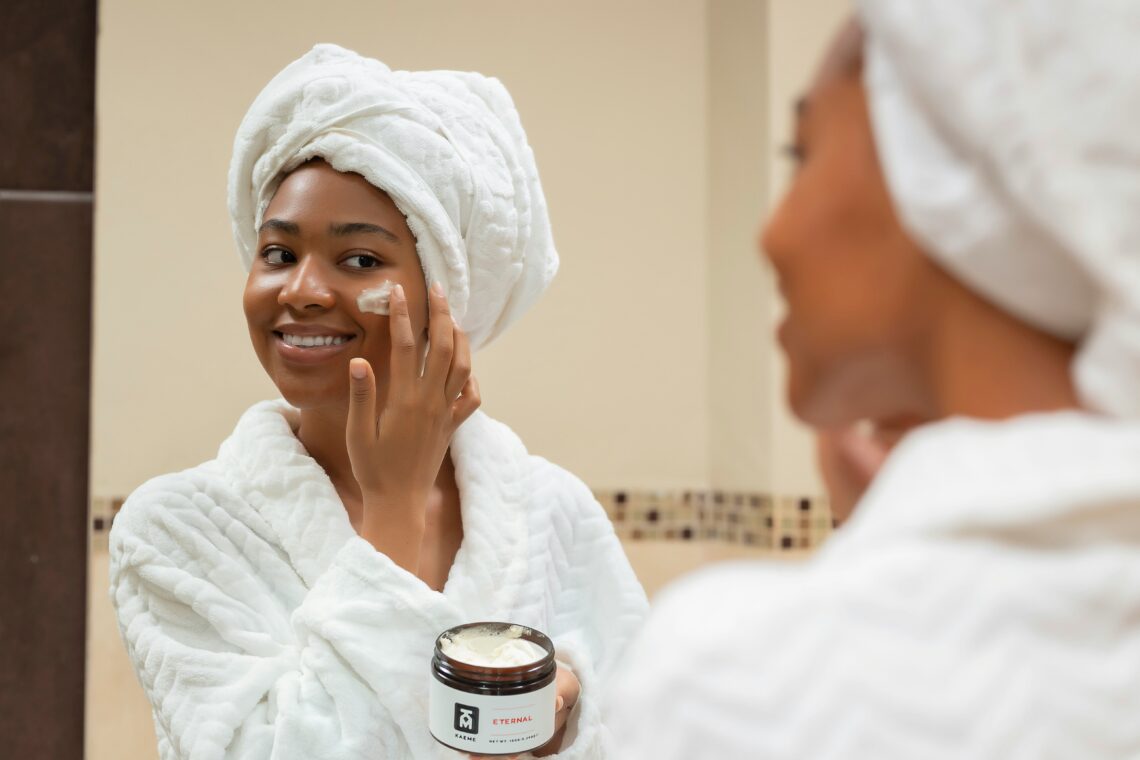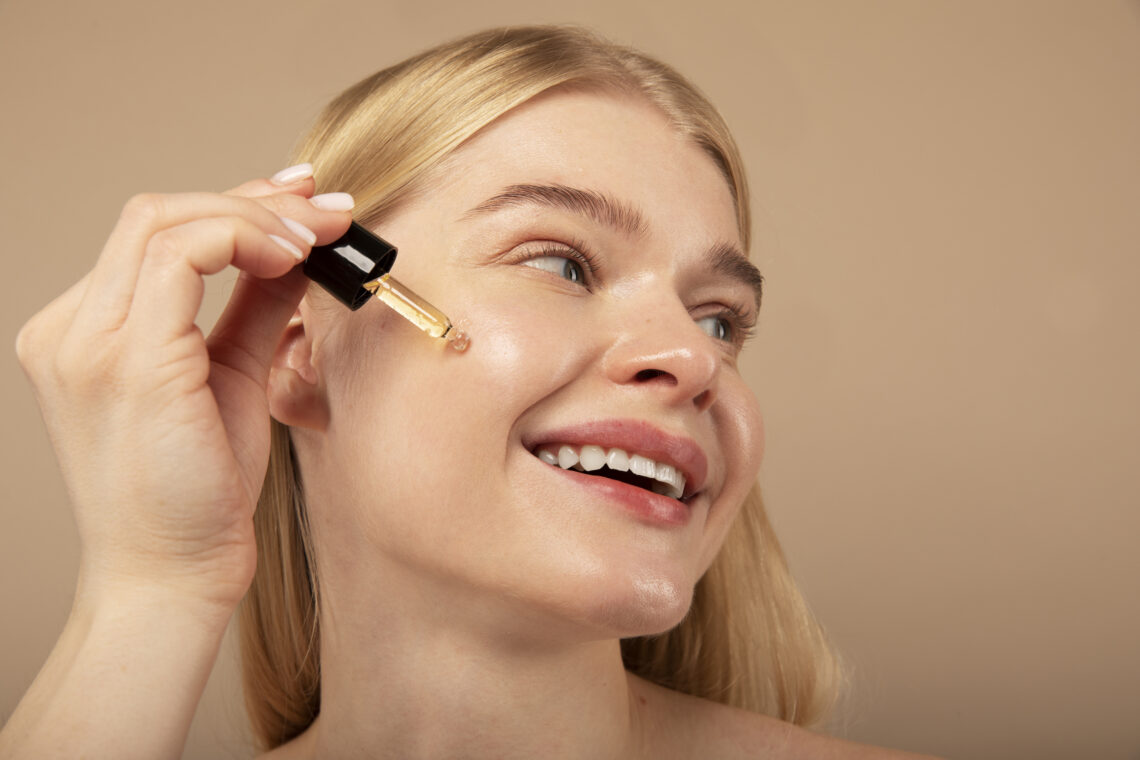Dry skin is a common skin concern that affects people of all ages and skin types. It can manifest as tightness, flakiness, rough texture, and a lacklustre appearance. If you’ve experienced the discomfort and frustration of dry skin, you understand the transformative power of proper hydration and care. The good news is that with the right knowledge and skincare routine, you can transform your dry skin and restore its natural radiance. Hydration is key, and it goes beyond just applying moisturizers. It involves understanding the science of skin hydration, selecting the right products, and incorporating beneficial habits into your daily life.
First of all, dry and sensitive skin care routines have similar routines so this article is aim to talk about the power of hydration for dry and sensitive skin. But before we go into deeper details, a quick question do you know what the differences between dry skin and sensitive skin are?
Dry skin VS sensitive skin
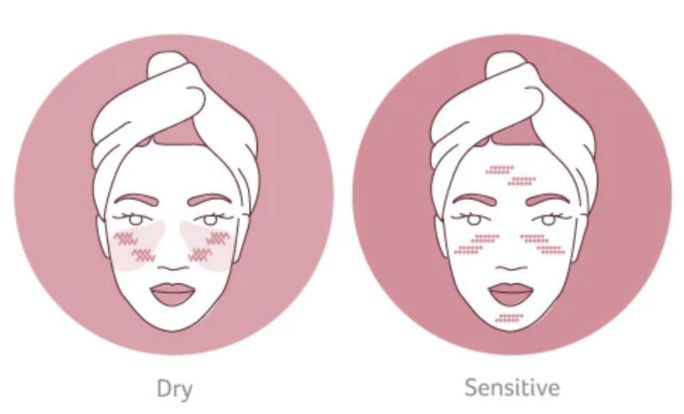
Dry skin lacks natural oils and moisture, leaving it a dry, flaky, or lifeless appearance, lack of sebum production, which aids in moisture retention, is the cause of it. While sensitive skin is characterized by heightened reactivity to external factors. It reacts easily to certain skincare products, environmental triggers, or even temperature changes, leading to redness, itching, or irritation.
The science of hydration
The science of hydration explores how water sustains the health and function of living organisms, including the skin. The skin, being the body’s largest organ, relies on water for its well-being. Natural moisturizing factors (NMFs) found in the outermost layer of the skin, known as the stratum corneum, attract and bind water to maintain skin hydration. Additionally, lipids such as ceramides support the skin’s protective barrier, shielding it from external factors and preventing excessive water loss. Key ingredients like hyaluronic acid and glycerin in skincare products help draw and retain water, increasing skin moisture. Emollients and occlusives create a defensive barrier, preventing water loss and preserving moisture. Understanding hydration science aids in selecting appropriate skincare routines, products, and environmental conditions to effectively hydrate and maintain a healthy complexion.
What are the five benefits of hydrated skin?
- Moisture retention: Skin’s ability to retain moisture is improved when it is sufficiently hydrated, reducing the risk of dryness, flakiness, and rough texture. It keeps its soft, silky texture and retains a supple, plump appearance.
- Improved Skin Elasticity: Proper hydration encourages the elasticity of the skin, enabling it to bounce back and keep its firmness. This can help make wrinkles and fine lines less noticeable, giving the skin a more fresh and youthful appearance.
- Improved Skin Barrier Function: Hydrated skin has a stronger and more durable barrier function that aids in defence against pollutants, irritants, and aggressors from the outside world. The danger of infection, sensitivity, and inflammation is reduced by a good skin barrier.
- Effect of soothing and calming: Hydration helps ease itching and discomfort of the skin. Skin that is properly moisturised feels more comfortable and can help reduce the redness, irritation, and inflammation brought on by numerous skin diseases.
- Radiant complexion: Is the result of hydrated skin’s improved ability to reflect light. The natural luminosity of the skin can be enhanced, dullness can be reduced, and skin tone can be evened out with proper hydration.
The proper hydrating skincare routine for dry skin:
- Cleanse with a hydrating cleanser that doesn’t disrupt the outer skin layer.
- Tone with an alcohol-free toner to restore skin pH.
- Target specific skin concerns with a serum.
- Moisturize with a nourishing, non-comedogenic moisturizer to lock in hydration.
- Protect from harmful ultraviolet (UV) rays to prevent sun damage.
The proper hydrating skincare routine for sensitive skin:
- Use a mild, fragrance-free, and gentle cleanser specifically formulated for sensitive skin.
- Choose an alcohol-free and fragrance-free toner designed for sensitive skin. Look for soothing ingredients like aloe vera or chamomile to calm and hydrate the skin.
- Look for hydrating serums specifically formulated for sensitive skin or labelled as gentle and suitable for sensitive skin types.
- Opt for a lightweight, hypoallergenic, and fragrance-free moisturizer suitable for sensitive skin. Look for moisturizers that contain hydrating ingredients like hyaluronic acid or ceramides to replenish moisture.
- Protect sensitive skin from harmful UV rays by applying a broad-spectrum sunscreen with SPF 30 or higher.
If you have other skin types, please check here!
Some product suggestions for dry and sensitive skin:
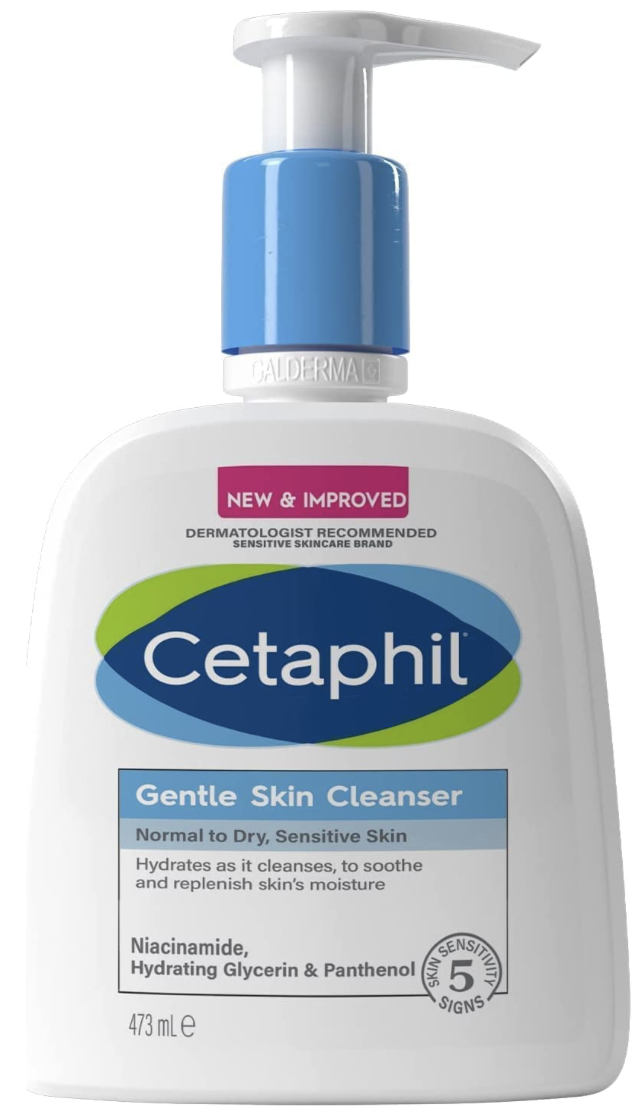
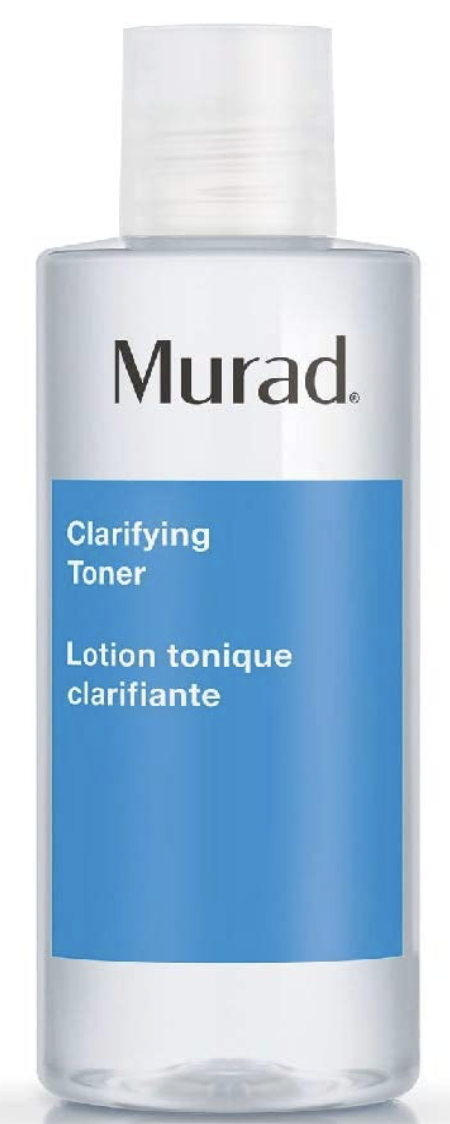
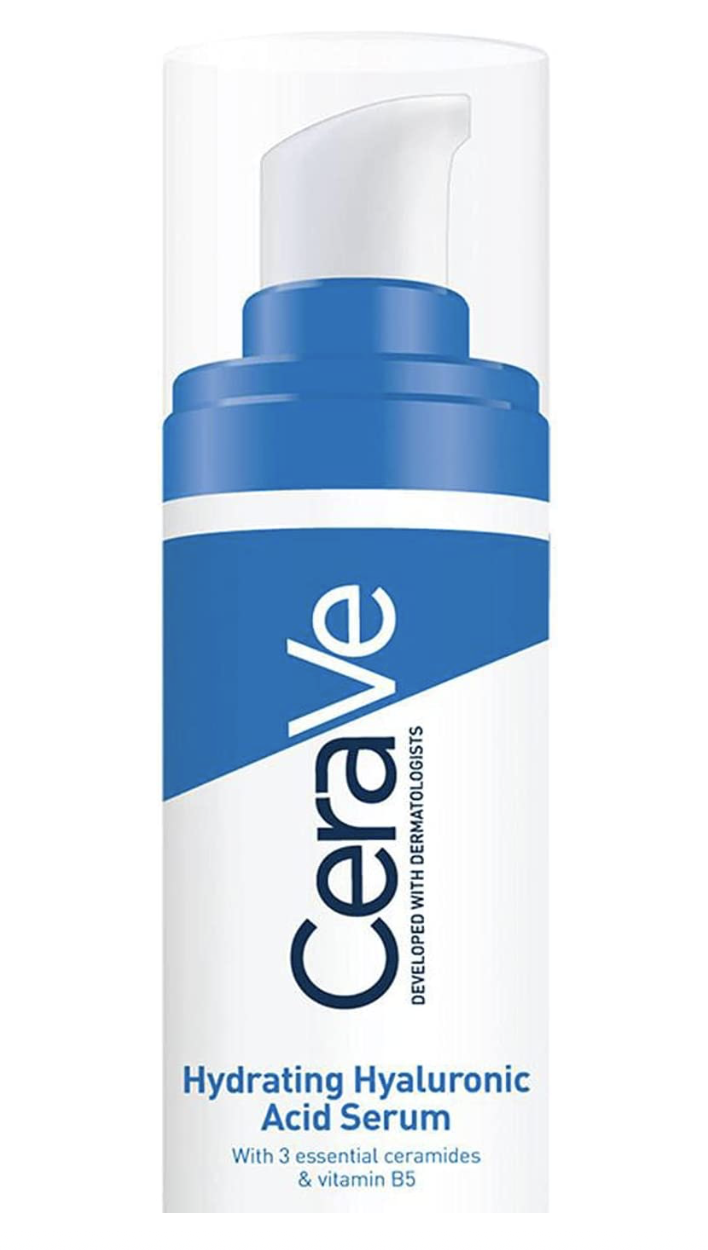
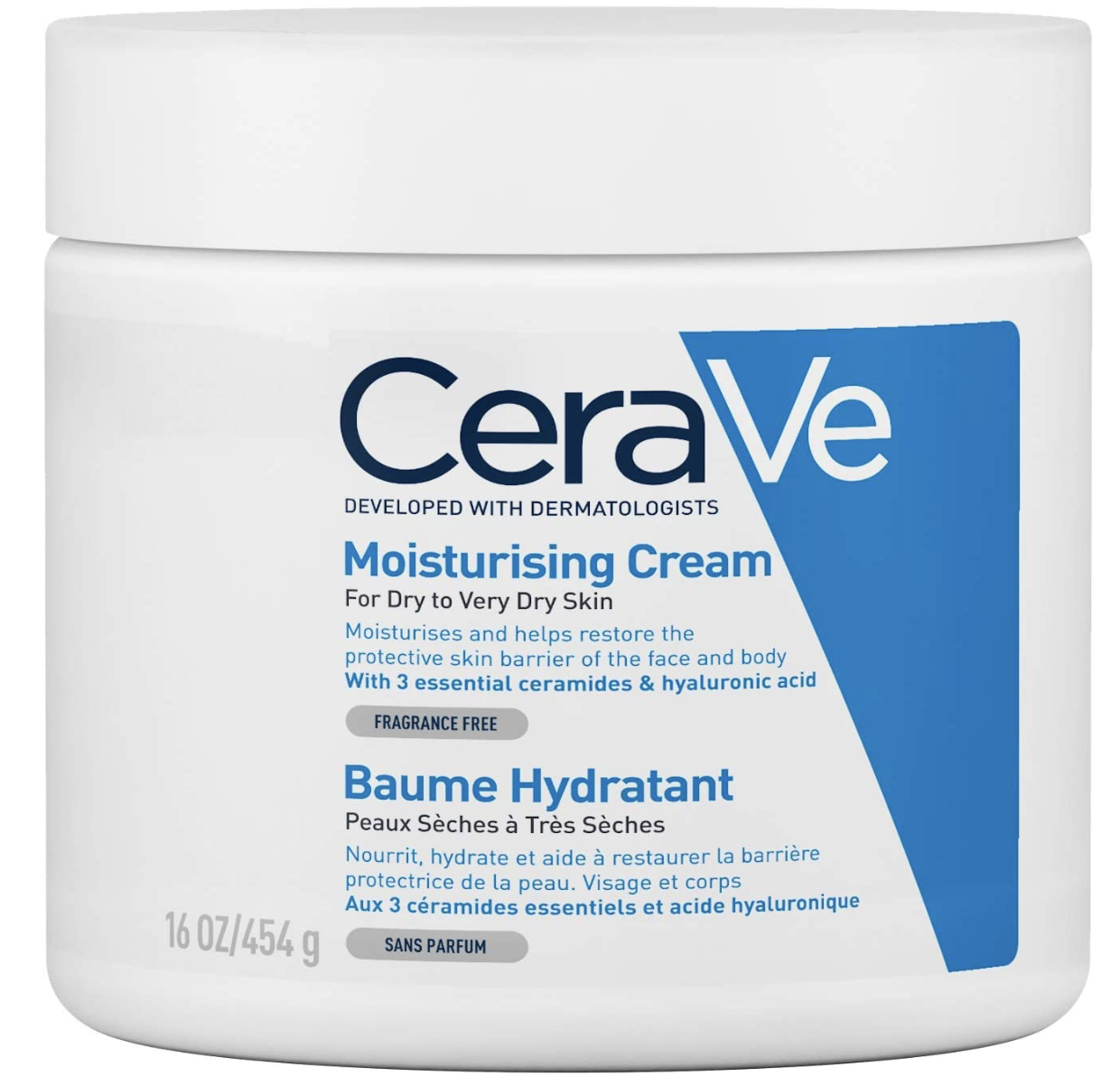
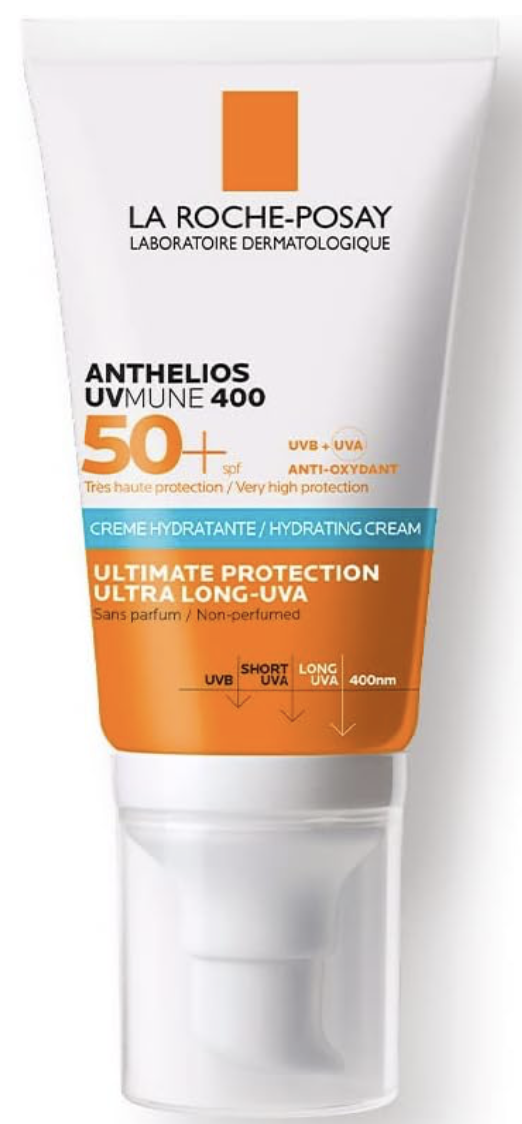
To find out more dry skin and sensitive skin products!
References:
https://koparibeauty.com/blogs/all-things-coconut/what-type-of-skin-do-you-have-oily-dry-combo
https://www.medicalnewstoday.com/articles/hydration-vs-moisture
https://www.everydayhealth.com/healthy-skin/can-you-hydrate-your-way-to-healthy-skin/

